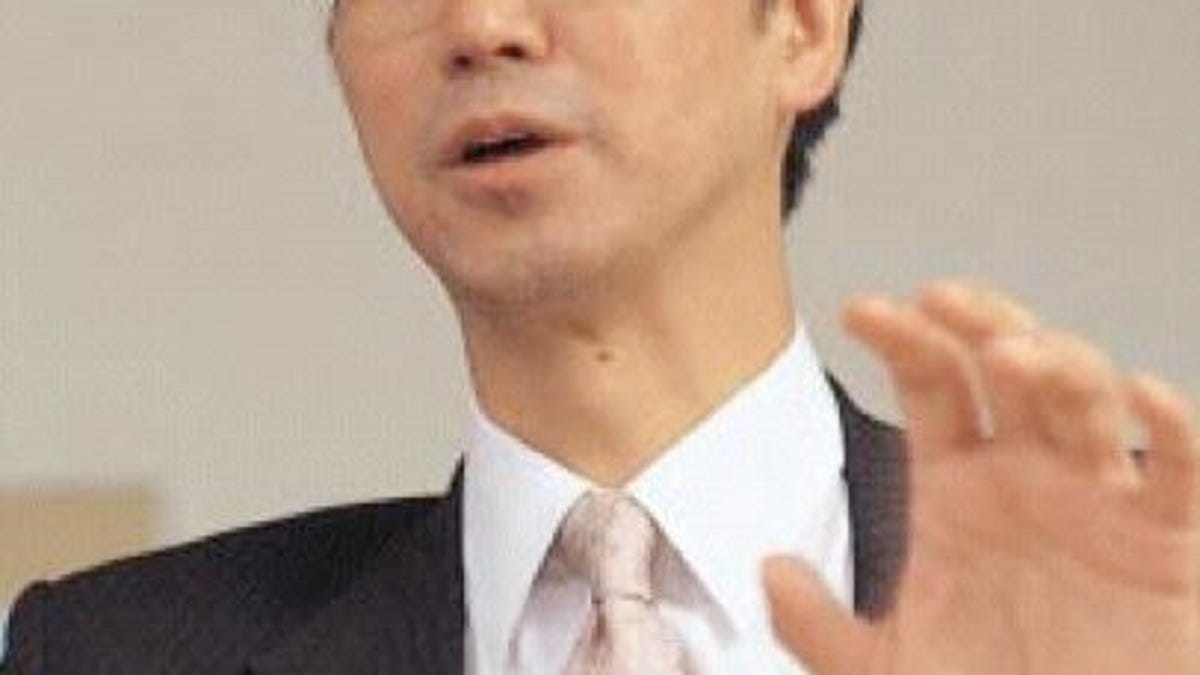Open source in Japan: Q&A with the President of Plat'Home
Plat'Home has been very influential in making Linux big in Japan. Here's an interview with one of the biggest drivers of Japan's Linux market.

I had the chance to do a question-and-answer session with Tomoyasu Suzuki, president and co-founder of Plat'Home. Plat'Home makes a cool palm-sized Linux server, and is one of the early drivers of Japan's Linux market.
Suzuki, a graduate of Tokyo University, co-founded Plat'Home in 1993 and eventually took the reins as CEO in 2000, the same year it IPO'd in Japan. He has a wealth of experience pushing Linux into developing markets, making it a real treat to get some of his time for this Q&A:
Asay: After generating several billion dollars in value in two different satellite company IPOs in Japan in the early 1990s, you turned to energies to building a Linux company. Why?
Suzuki: Satellites and entertainment are certainly big business and continue to grow. Those were early days in the Japanese satellite industry, and it was exciting to be involved.
But, ultimately, I believe the opportunity for Linux expanding into a wide range of devices, including, of course, entertainment devices like set-top boxes, cell phones, and other mobile devices, radically dwarfs the opportunity for broadcast entertainment. Even today, when you search, when you make a phone call, when you do online banking, you're using Linux. And it's only the beginning. I wanted to be a part of that.
Asay: Plat'Home started selling Linux in Japan in 1993. That's really early days. Why Linux?
Suzuki: Linux is powerful, in a lot of ways, especially for what it doesn't do. Let me explain. It's possible to deliver more computing power -- that is, more functionality and more stability -- into a wide range of devices, especially small ones. Its small footprint was very appealing. This was already apparent even from early on. Basically, we saw it as having the potential to get very sophisticated software into the hands of users. No compromises.
From there, its openness meant there was great potential for people to create. We thought that getting such powerful devices to businesses and to consumers, and letting them extend it and build on it, had many, many exciting possibilities. That turned out to be very true. The name of our company is "Plat'Home" which is the Japanese pronunciation for the word "platform." Something to build on. We built it and they came!
Asay: How is Linux and open source different in Japan?
Suzuki: It's similar in a lot of ways, with a wide range of really talented people involved, a sense of possibility of doing it a better way, those sorts of things. It's different, though, in some important areas. The government plays a larger and more active role. You might expect that in Japan, I guess. There is an Open Source Software Center that proactively promotes the use and development of open source software.
The Japanese government has also devoted time, and more importantly, budgets to implementing open source software within the various government ministries. The US government does, of course, buy a lot of open source software, but it's not a comparable level of support.
Asay: What about in the private sector? Do you see any resistance to open source on the enterprise level?
Suzuki: On the contrary, big Japanese name-brand corporations are actively embracing Linux and open source. Plat'Home sells thousands of servers into the Japanese equivalent of the Fortune 1000, names like NTT Communications, KDDI, the large cell phone company, HitachiSoft, and many many others. This isn't considered extraordinary or even that newsworthy.
Linux wins out based on its technical merits, and we've worked hard to back up our products with exceptional support. In Japan, you can't get away without that. Long term relationships are often more important than a quick sell and a low price. Though low price never hurts. (laughing)
Asay: Building a company from the ground up is hard. Which was a bigger challenge, the satellite companies or Plat'Home?
Suzuki: They were challenging in different ways, of course, but I have to say, working with Linux and open source people has always been way more fun. I like the sense that anything is possible. Money is important in life, no doubt, but I'd rather be part of something big. Linux is great.